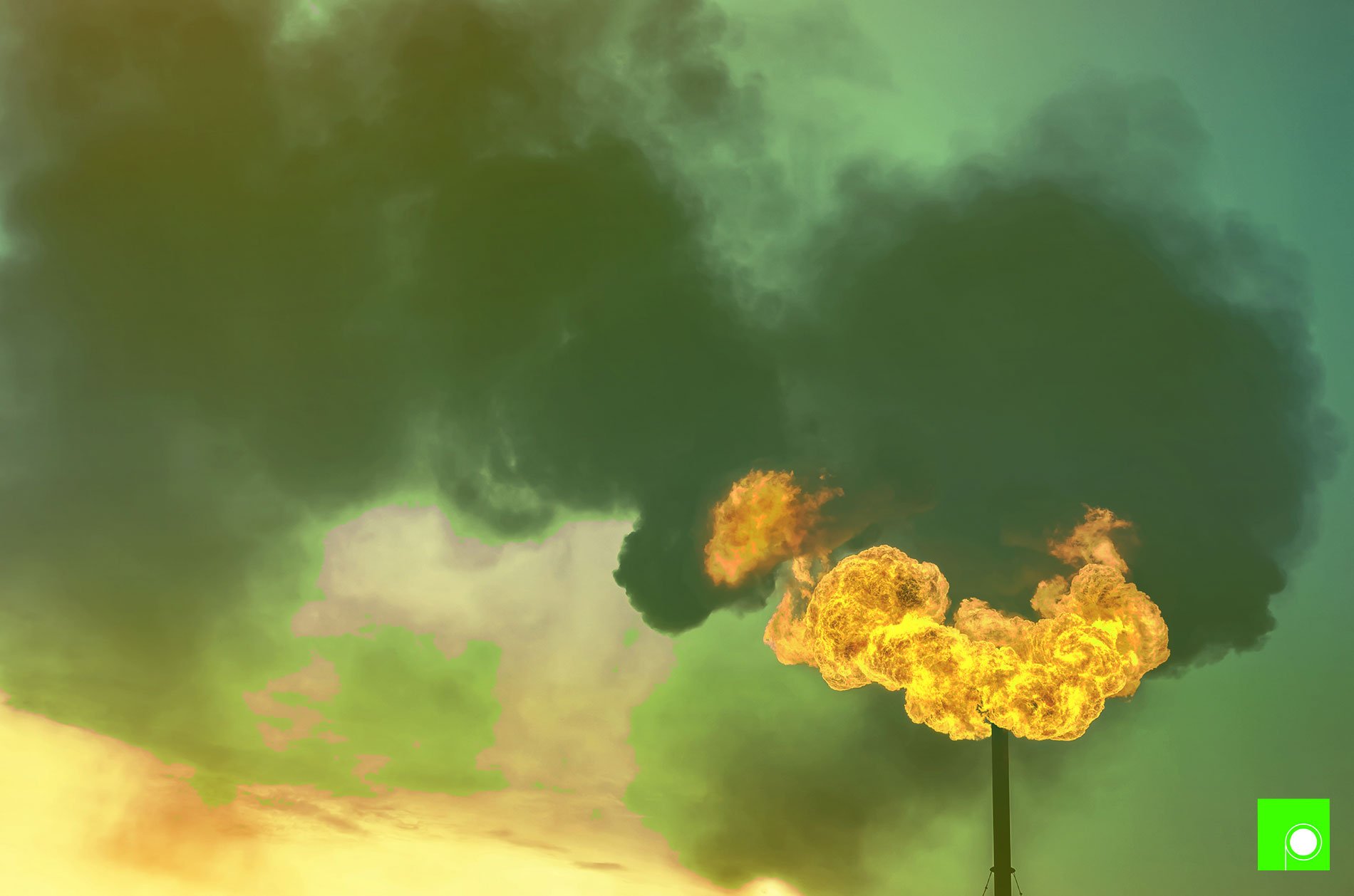It’s funny when there are big distracting things happening like elections, it’s easy to take your eye off some of the “usual” stuff that you keep track of. If we weren’t, you know, scrambling to save the very soul of our country right now, what would we be looking at? We thought we’d take a look and see what our friends over at the New Mexico Oil and Gas Association were up to on their site and social media.
Turns out, they’re still doing their thing, trying to fleece the public and elected officials about bogus benefits of their industry with none of the drawbacks. So comforting to know some things never change…
While we’ve all been on lockdown (you’re still isolating yourself right? You should be), it appears the oil and gas industry has been letting their equipment continue to churn out pollutants non-stop, maybe even worse than before. According to a brand new study, the first eight months of 2020 saw large methane leaks absolutely JUMP by 30% in places like the Permian. So what do we do about that!?
Well fortunately Governor Lujan Grisham has set a strong goal here in New Mexico to establish nationally leading regulations for the oil and gas industry when it comes to methane. But there is still work to be done to improve the state’s draft proposals in order to meet that bar; things like removing huge exemptions from the Environment Department’s rules that would leave the vast majority of the wells in the state unchecked.
Meanwhile, even those huge loopholes aren’t enough for NMOGA, they are advocating to water these already too weak proposed rules down even further.
One way that NMOGA loves to do this is to cherry-pick data to meet their chosen narrative. NMOGA selects their favorite pieces of pseudo-science or just random bits of the regulations to go after or in some cases not even explaining themselves, just being obstinate in order to try to maintain the status quo: a political environment where industry calls the shots.
Here are three unconvincing “cherries” NMOGA tries to pick in the latest round of public comments on the state’s draft methane rules, in a lame attempt to say the state can’t afford better, more protective requirements that cut pollution:
- NMOGA tries to say that the rules will cost too much to implement. Fine, but if you are going to make an economic argument, shouldn’t you look at the full picture? Unfortunately, NMOGA did not. They did not factor in additional health care costs or costs to other businesses if these counties continue to suffer from oil and gas pollution and go into nonattainment. They looked deeply at costs to companies, but not at all into the real costs to the people of New Mexico who would be exposed to unhealthy air. (note: this is something that Synapse Energy Economics did do in the analysis they did)
- They don’t factor in the additional revenue producers could realize from captured gas. This is a huge missing piece since EDF estimates NM producers waste $275M worth of natural gas per year. It is just wrong to not factor in how capturing more wasted energy benefits both the taxpayers of NM and the producers themselves in the form of more product to sell.
- There is a lack of transparency and clarity in the analysis. For instance, how much of their results can be attributed to the regulations versus what would have happened anyhow to an industry that is clearly facing a big transition? We don’t know because they don’t show their math. And the math that they do show appears to be faulty! Case in point, in Table 3 their natural gas revenue estimates appear to be off by several orders of magnitude. There is a big difference between $4.98 Million and $4.98 Billion and we are surprised that no one in NMOGA balked at natural gas being downgraded from a billion to a million-dollar industry!
Overall, the cherry-picking of data to fit their chosen narrative, the incomplete, and opaque analysis all point to serious credibility problems with the economic analysis that underpins NMOGA’s comments. It’s nice to know some things will never change, right?
All the more reason the state must finalize strong methane rules without loopholes this year.

